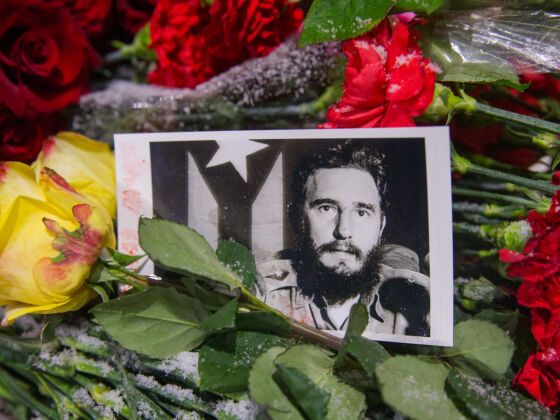Elisa Coll is an activist, a traveler, and the founder of Revolution on the Road.
Fidel Castro is one of the most divisive icons of the 20th century. Regardless of your view, it’s best to stay informed with these historical facts:
The life expectancy in Cuba is higher than in the United States.
Castro made major changes and improvements to the country’s sanitary system, which the World Health Organization has defined as “an example to the world”. He reformed healthcare by providing free and universal access. He also invested in prevention, resulting in a drastic reduction of infant mortality — the lowest rate on the continent. Since 1963, Cuba has been sending doctors and other medical personnel to Third World countries to help in humanitarian missions — the latest example being the Ebola epidemic in Western Africa.
